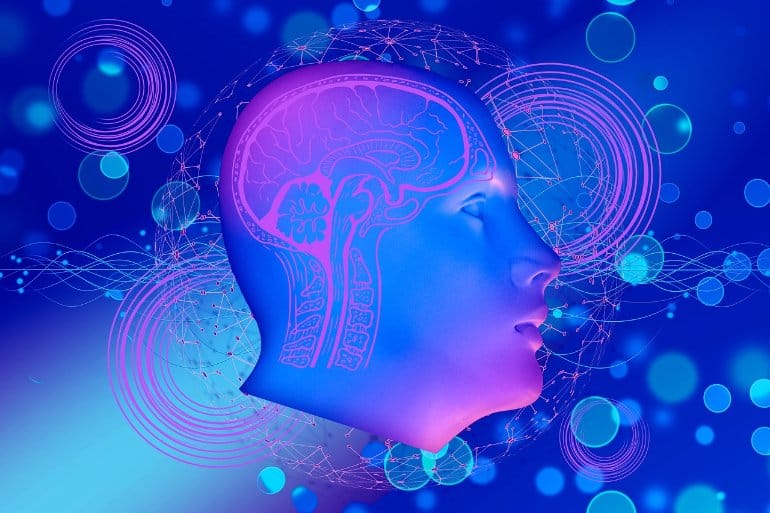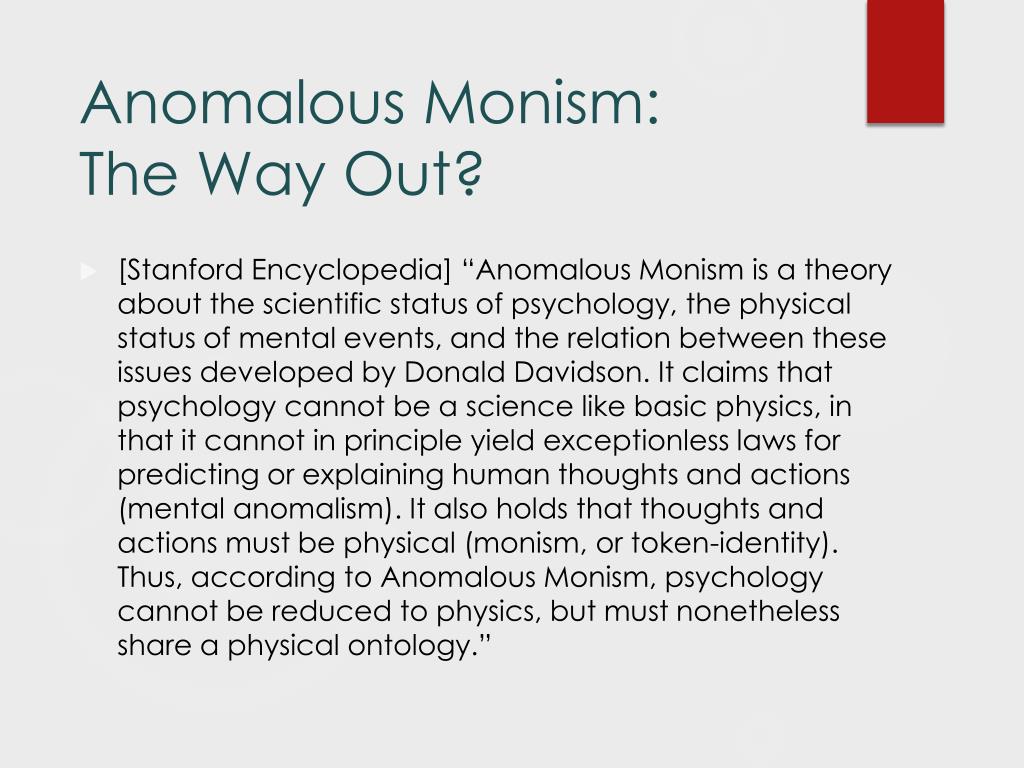The foremost physiological effect of psychedelics in the brain is to significantly reduce activity in multiple brain areas, which contradicts the mainstream reductionist expectation. Physicalist neuroscientists have proposed that an increase in brain noise explains the subjective richness of a psychedelic experience, but a psychedelic experience isn’t akin to TV static, argues Bernardo Kastrup. Before 2012, the generally accepted wisdom in neuroscience was that psychedelic substances—which lead to unfathomably rich experiential states—stimulate neuronal activity and light up the brain like a Christmas tree. Modern neuroimaging, however, now shows that they do precisely the opposite: the foremost physiological effect of psychedelics in the brain is to significantly reduce activity in multiple brain areas, while increasing it nowhere in the brain beyond measurement error. This has been consistently demonstrated for multiple psychedelic substances (psil…
Read the full article which is published on IAI TV (external link)






